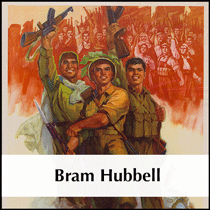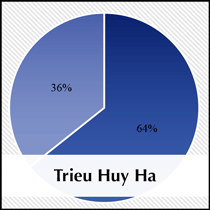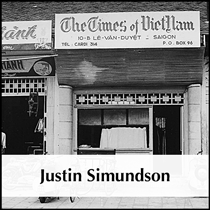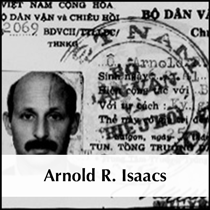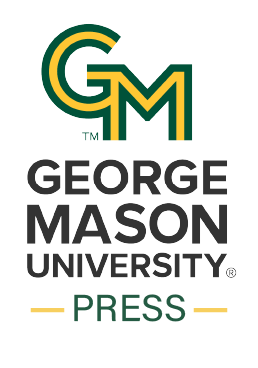Reacting to the Past Games in Introductory World History Courses: How to Easily Revise Your Teaching for Transformative Learning and Have Fun in the Process
DOI:
https://doi.org/10.13021/whc.v21i2.4160Keywords:
Reacting to the Past, games, University teaching, world history survey, how-toAbstract
This paper discusses the use of Reacting to the Past in the World History Survey, arguing for the value of deep dives into specific periods, getting students to engage in deep learning. In particular, it will make the case for using several shorter games to cause students to evaluate how at different times in world history, different societies engaged in diplomacy, warfare, and negotiation. Weighing options in Warring States China, ancient Athens, and between Dutch settlers and Khoe communities in Southern Africa, this paper emphasizes the lasting effects of Reacting Games, and their ability to cause students to reflect critically on their own assumptions, while re-evaluating the sources and issues they come across in non-game portions of the class. Furthermore, the paper engages in critical approaches to Reacting Games, highlighting the need for more games that center women’s experiences in the emerging global south.


